Warning: This Place Cares More About Money Than Recovery • Meds pushed on everyone immediately • No real long-term recovery plan • “Holistic” approach is all talk • No support for life after treatment • They just want your insurance and cash Brighton Cent ...
About Ascension Brighton Center for Recovery
Ascension Brighton Center strives to help patients achieve a substance free life, restore their quality of life and rebuild any damaged relationships. The facility also has a halfway housing program to give clients stable housing options while they are recovering. Payment options available to clients include private insurance and self pay arranged by the financial assistance team.
One of the great things about this facility is that it offers treatment for a variety of different conditions a client may be dealing with. They can treat chronic substance use, polysubstance use disorder, substance use disorder and co-occurring health conditions. Polysubstance use disorder refers to individuals addicted to both alcohol and a chemical substance. Co-occurring health conditions refer to clients addicted to a substance while also diagnosed with conditions such as cancer or heart disease. Ascension Brighton Center also helps treat clients who are suffering from conditions that developed as a result of substance use, such as malnourishment and cognitive impairment.
In outpatient treatment, clients will participate in group and individual counseling and meet regularly with an addiction specialist. They’ll be provided life skills training and nutrition education. A women’s only recovery program and support programs for families are also provided at this facility.
Facility Overview
Latest Reviews
Rehab Score
Gallery
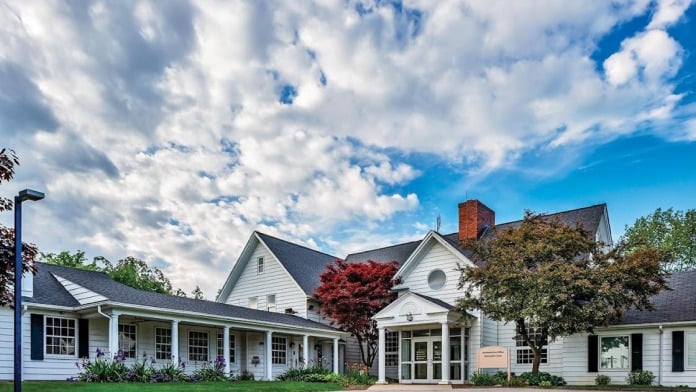
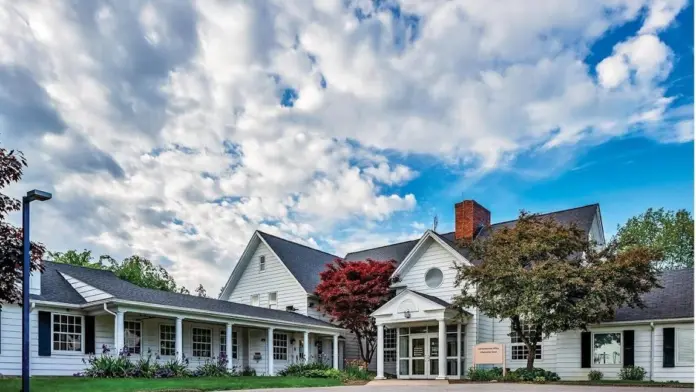
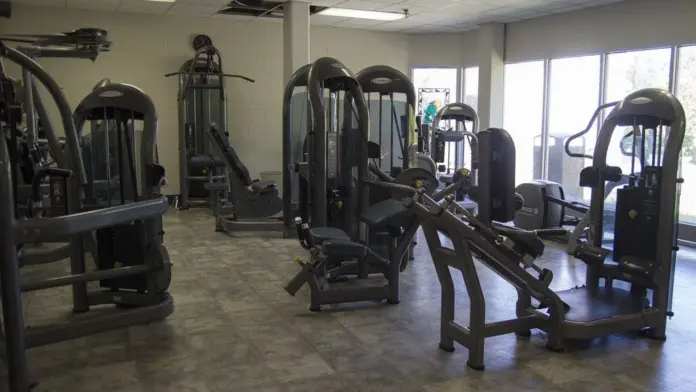
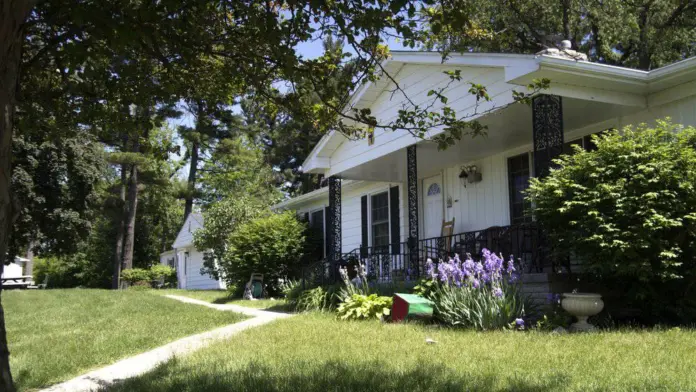
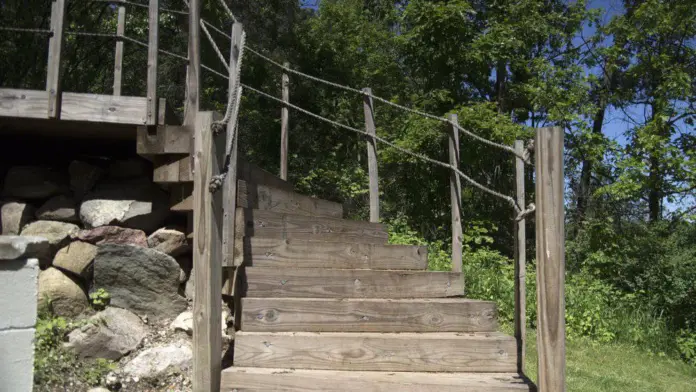
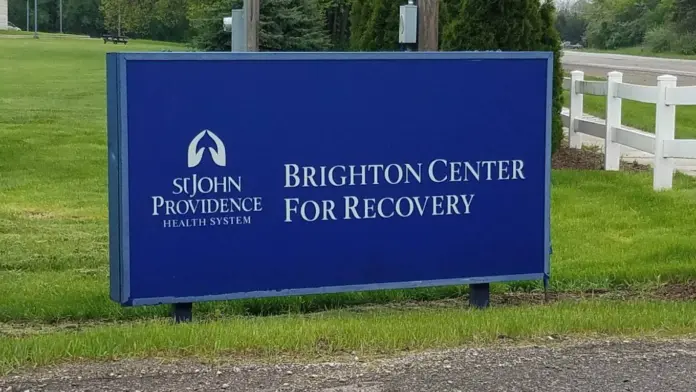
Accepted Insurance
Other Forms of Payment
Private insurance refers to any kind of healthcare coverage that isn't from the state or federal government. This includes individual and family plans offered by an employer or purchased from the Insurance Marketplace. Every plan will have different requirements and out of pocket costs so be sure to get the full details before you start treatment.
Self-pay involves paying for treatment out of your own pocket. You can use savings or credit, get a personal loan, or receive help from family and friends to fund your treatment. If you don't have insurance or your insurance plan doesn't cover a specific program, self-pay can help ensure you still get the care you need.
Financial aid can take many forms. Centers may have grants or scholarships available to clients who meet eligibility requirements. Programs that receive SAMHSA grants may have financial aid available for those who need treatment as well. Grants and scholarships can help you pai for treatment without having to repay.
Medicaid is a state based program that helps lower-income individuals and families pay for healthcare. Medicaid covers addiction treatment so those enrolled can use their coverage to pay for rehab. When a program accepts Medicaid the client often pays very little or nothing out of their own pocket.
Medicare is a federal program that provides health insurance for those 65 and older. It also serves people under 65 with chronic and disabling health challenges. To use Medicare for addiction treatment you need to find a program that accepts Medicare and is in network with your plan. Out of pocket costs and preauthorization requirements vary, so always check with your provider.
Military members, veterans, and eligible dependents have access to specific insurance programs that help them get the care they need. TRICARE and VA insurance can help you access low cost or no cost addiction and mental health treatment. Programs that accept military insurance often have targeted treatment focused on the unique challenges military members, veterans, and their families face.
Addiction Treatments
Levels of Care
 Outpatient
Outpatient
 Medically Assisted Detox
Medically Assisted Detox
 Intensive Outpatient
Intensive Outpatient
 Inpatient
Inpatient
 Sober Living Homes
Sober Living Homes
 24-Hour Clinical Care
24-Hour Clinical Care
 Intervention Services
Intervention Services
 Aftercare Support
Aftercare Support
 Partial Hospitalization Program
Partial Hospitalization Program
Treatments
The goal of treatment for alcoholism is abstinence. Those with poor social support, poor motivation, or psychiatric disorders tend to relapse within a few years of treatment. For these people, success is measured by longer periods of abstinence, reduced use of alcohol, better health, and improved social functioning. Recovery and Maintenance are usually based on 12 step programs and AA meetings.
Drug rehab in Michigan provides personalized treatment to help individuals break this cycle and regain control of their lives. Treatment methods are used in various levels of care, including inpatient rehab, partial hospitalization programs, intensive outpatient programs, and standard outpatient treatment.
Many of those suffering from addiction also suffer from mental or emotional illnesses like schizophrenia, bipolar disorder, depression, or anxiety disorders. Rehab and other substance abuse facilities treating those with a dual diagnosis or co-occurring disorder administer psychiatric treatment to address the person's mental health issue in addition to drug and alcohol rehabilitation.
A combined mental health and substance abuse rehab has the staff and resources available to handle individuals with both mental health and substance abuse issues. It can be challenging to determine where a specific symptom stems from (a mental health issue or an issue related to substance abuse), so mental health and substance abuse professionals are helpful in detangling symptoms and keeping treatment on track.
Opioid rehabs specialize in supporting those recovering from opioid addiction. They treat those suffering from addiction to illegal opioids like heroin, as well as prescription drugs like oxycodone. These centers typically combine both physical as well as mental and emotional support to help stop addiction. Physical support often includes medical detox and subsequent medical support (including medication), and mental support includes in-depth therapy to address the underlying causes of addiction.
Programs

Adult Program

Young Adult Program
Clinical Services
Cognitive Behavioral Therapy (CBT) is a therapy modality that focuses on the relationship between one's thoughts, feelings, and behaviors. It is used to establish and allow for healthy responses to thoughts and feelings (instead of unhealthy responses, like using drugs or alcohol). CBT has been proven effective for recovering addicts of all kinds, and is used to strengthen a patient's own self-awareness and ability to self-regulate. CBT allows individuals to monitor their own emotional state, become more adept at communicating with others, and manage stress without needing to engage in substance abuse.
Dialectical Behavior Therapy (DBT) is a modified form of Cognitive Behavioral Therapy (CBT), a treatment designed to help people understand and ultimately affect the relationship between their thoughts, feelings, and behaviors. DBT is often used for individuals who struggle with self-harm behaviors, such as self-mutilation (cutting) and suicidal thoughts, urges, or attempts. It has been proven clinically effective for those who struggle with out-of-control emotions and mental health illnesses like Borderline Personality Disorder.
A new, active routine can reduce stress levels and keep the mind clear. This can include exercise, time outdoors, and fresh air. As a part of their commitment to effective care, Brighton has staff who are dedicated to recreation therapy. Healthy activity promotes a sense of normalcy and reduction of stress — both of which are important in starting and sustaining true recovery.
Many family members are affected by a loved one’s drug or alcohol use. Therefore, effective treatment must include the family. Brighton makes this commitment as part of their basic programs. And they provide additional outpatient therapy sessions for families where needed. Brighton is committed to keeping the next generation of your family out of their facility. They know that effective efforts at prevention go beyond mere tutoring and childcare. So they include counseling for young people. This is most important for those who have watched a parent struggle with addiction.
Group therapy is any therapeutic work that happens in a group (not one-on-one). There are a number of different group therapy modalities, including support groups, experiential therapy, psycho-education, and more. Group therapy involves treatment as well as processing interaction between group members.
In individual therapy, a patient meets one-on-one with a trained psychologist or counselor. Therapy is a pivotal part of effective substance abuse treatment, as it often covers root causes of addiction, including challenges faced by the patient in their social, family, and work/school life.
Life skills trainings involve all the skills a person must have in order to function successfully in the world. These include time management, career guidance, money management, and effective communication. Truly successful addiction recovery is based on the ability to not only live substance-free, but to thrive. Life skills teaches the practical necessities of functioning in society, which sets clients up for success in life, and therefore sobriety.
Motivational Interviewing (MI) is a clinical approach to helping people with substance abuse issues and other conditions shift behavior in positive ways. It is more goal-oriented than traditional psychotherapy, as MI counselors directly attempt to get clients to consider making behavioral change (rather than wait for them to come to conclusions themselves). Its primary purpose is to resolve ambivalence and help clients become able to make healthy choices freely.
Nicotine Replacement Therapy (NRT) is a way of getting nicotine into the bloodstream without smoking. It uses products that supply low doses of nicotine to help people stop smoking. The goal of therapy is to cut down on cravings for nicotine and ease the symptoms of nicotine withdrawal.
Replacing harmful substances with a healthy diet is essential. This is because a healthy diet lessens the physical craving to return to drug or alcohol use. Therefore, Brighton broadly emphasizes good nutrition. They employ a staff dietitian who works with their patients on an individual basis. There is no need to have a diagnosis of nutritional deficiency or an eating disorder.
Trauma therapy addresses traumatic incidents from a client's past that are likely affecting their present-day experience. Trauma is often one of the primary triggers and potential causes of addiction, and can stem from child sexual abuse, domestic violence, having a parent with a mental illness, losing one or both parents at a young age, teenage or adult sexual assault, or any number of other factors. The purpose of trauma therapy is to allow a patient to process trauma and move through and past it, with the help of trained and compassionate mental health professionals.
Amenities
-
Residential Setting
Staff & Accreditations
Staff
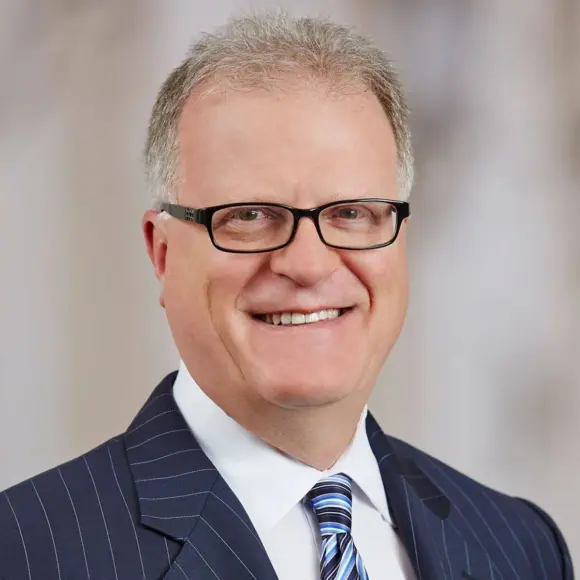
Joseph R. Impicciche, JD, MHA
CEO
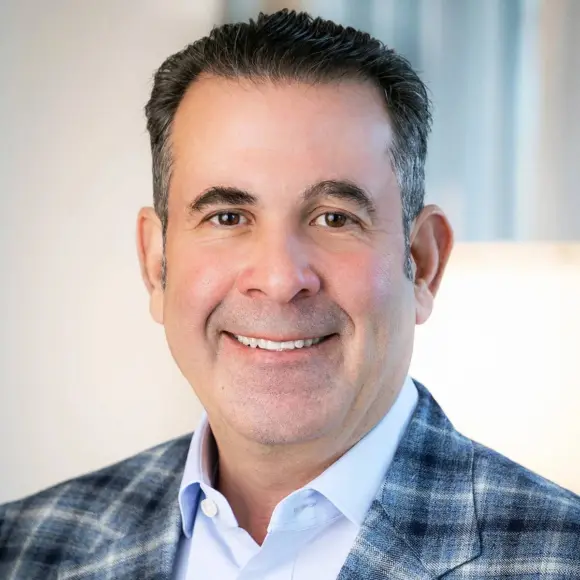
Eduardo Conrado
President
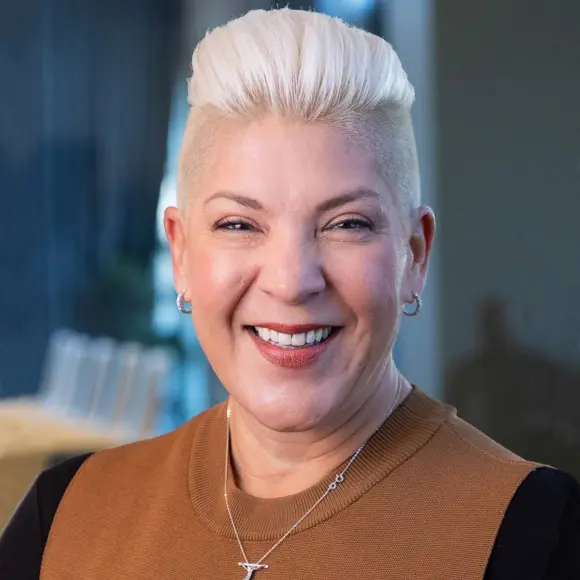
Sally Deitch, MSN, MHA, RN, FACHE
Executive VP, Nursing & Operations Infrastructure
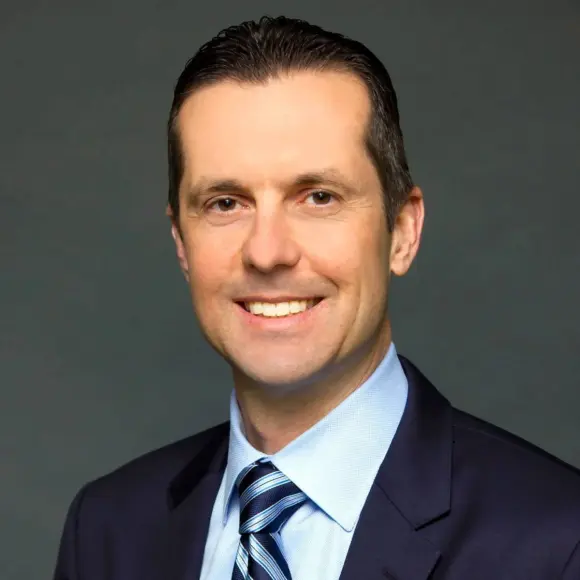
Eric S. Engler
Executive VP & Chief of Staff
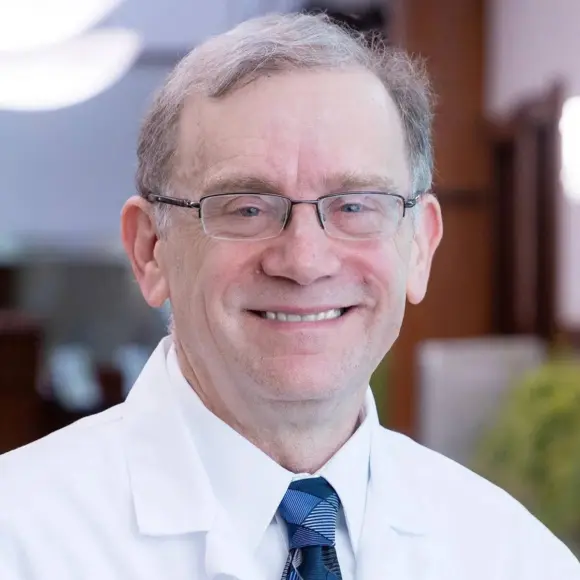
Richard Fogel, MD, FACC, FHRS
Executive VP and Chief Clinical Officer
Accreditations

The Joint Commission, formerly known as JCAHO, is a nonprofit organization that accredits rehab organizations and programs. Founded in 1951, the Joint Commision's mission is to improve the quality of patient care and demonstrating the quality of patient care.
Joint Commission Accreditation: Yes
Accreditation Number: 3360

The Substance Abuse and Mental Health Services Administration (SAMHSA) is a branch of the U.S. Department of Health and Human Services. Established in 1992 by congress, SAMHSA's mission is to reduce the impact of substance abuse and mental illness on American's communities.
SAMHSA Listed: Yes

State Licenses are permits issued by government agencies that allow rehab organizations to conduct business legally within a certain geographical area. Typically, the kind of program a rehab facility offers, along with its physical location, determines which licenses are required to operate legally.
State License: Michigan
License Number: SA0470001
Contact Information
12851 Grand River Road
Brighton, MI 48116






